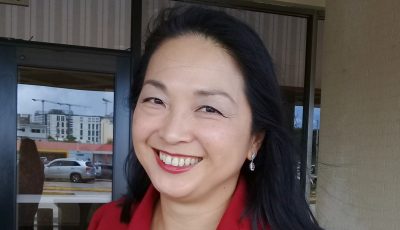Settlement Fund urged to take higher risk
The investment consultant of the NMI Settlement Fund is now recommending a shift of the Fund’s investment policy to “moderate risk strategy” from “very conservative” considering that it has now sufficient funds in its reserves.
Settlement Fund trustee Joyce C. H. Tang disclosed the Fund’s investment consultant Wilshire Investments’ recommendation in her report filed Friday with the U.S. District Court for the NMI.
Tang’s report covered the combined period from the fourth quarter fiscal year 2017 through third quarter fiscal year 2019.
Tang said from the inception, the Settlement Fund’s investment policy was very conservative because the Fund’s reserves was not sufficient to cover at least two years of benefit payments, and therefore, could not take high levels of capital markets risk.
She said Wilshire Investments is now recommending a change of asset allocation targets away from the previous glidepath strategy, to a moderate risk strategy with an expected return of 4.26%.
The trustee said because of late cycle and lower interest rates, it is expected returns will be lower in the future.
Tang said given the lower future expected returns, and the need to generate the actuarial expected return of 4% annually, the Settlement Fund needs to take higher risk.
Tang said with cautious optimism, it is now hoped the Settlement Fund can take moderately higher risk because of the positive trajectory of the Settlement Fund asset growth that now has sufficient funds in its reserves to cover two years of benefit payments.
She said this cautious optimism is subject to the continued support from the CNMI government by honoring its Settlement Fund funding obligations.
Tang said that, at the end of fiscal year 2018, the balance in the Settlement Fund’s investment account was $82.9 million, while the balance as of July 31, 2019, was at $97 million, showing a gain of $14.5 million.
For the first time, the Settlement Fund investment trend is now increasing, said Tang, indicating that the fiscal year 2017’s end balance of the investment account was $73 million, which was at $83 million in fiscal year 2018 and $97 million in fiscal year 2019.




























